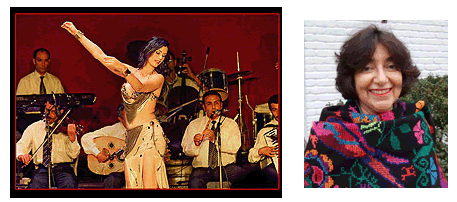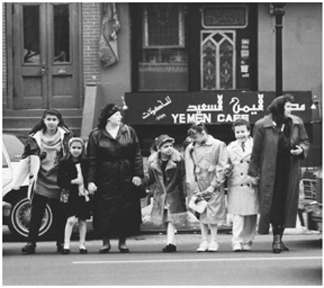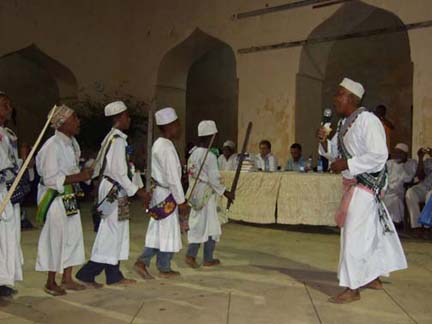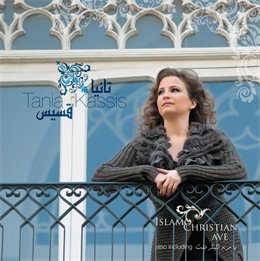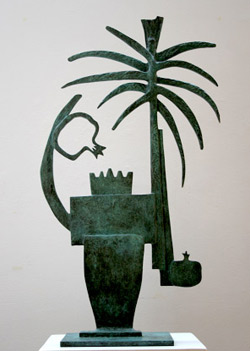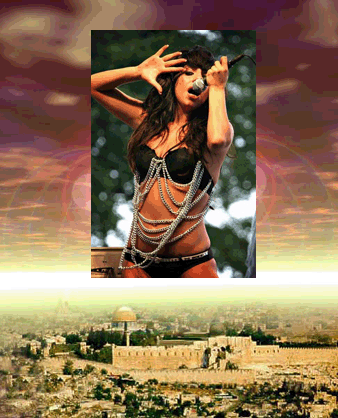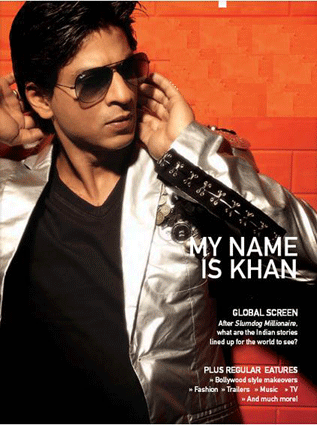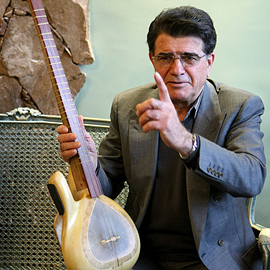
by Steve Inskeep, NPR Morning Edition, September 27, 2010
[NPR this morning has a 7 minute segment on this famous Iranian singer; click on the website for samples of his music.]
Mohammed Reza Shajarian may be the most famous singer in all of Iran.
He’s also Iran’s most famous protest singer — even though, strictly speaking, his music doesn’t directly protest the government at all.
Just before they end their fast each day during the Muslim holy month of Ramadan, many Iranians or people of Iranian descent around the world listen to a prayer sung by Shajarian.
“It has such power, and the power of it has virtually nothing to do with the words,” says Iranian-American scholar Abbas Milani. When Milani hears Shajarian’s recording of the prayer, it transports him back to his youth in Iran.
“When I still hear it, I get a chill to my bone and think that this is not the voice of a mere mortal — this is the gods speaking to us.”
Iranians heard Shajarian’s voice on the radio for decades — and then, suddenly, the music stopped. Shajarian, protesting a crackdown on voters after last year’s disputed election, asked that the government cease broadcasting his songs. Continue reading Mohammed Reza Shajarian: Protest Through Poetry
